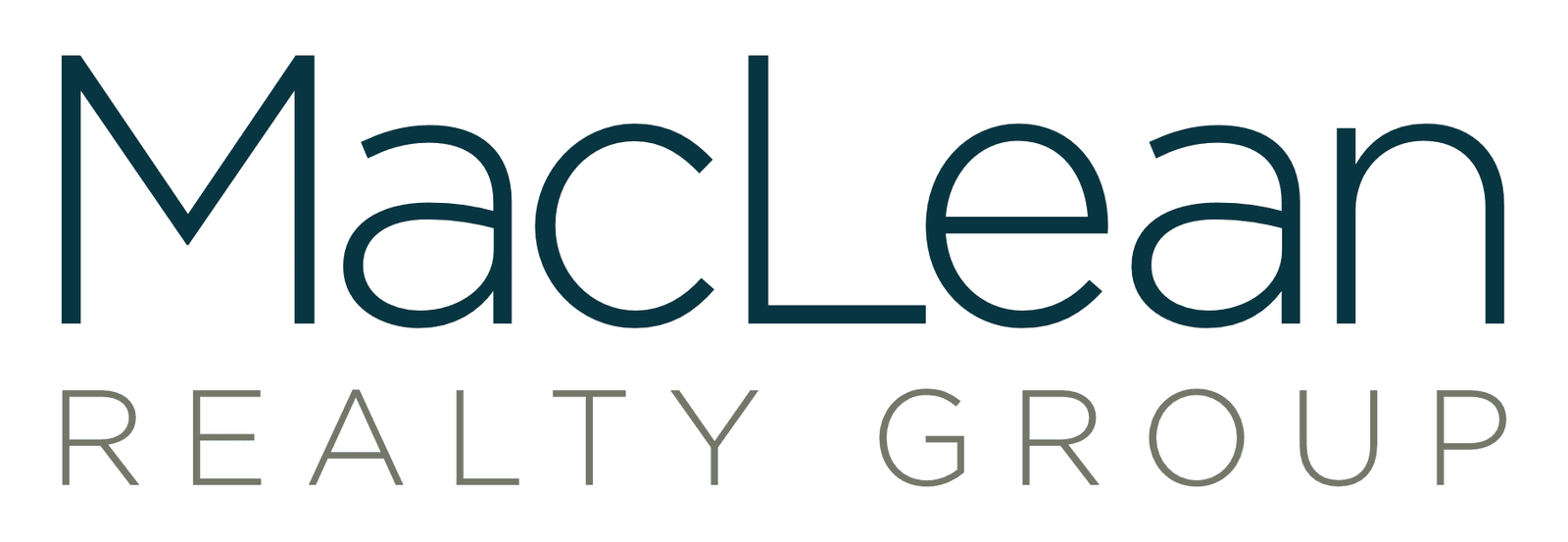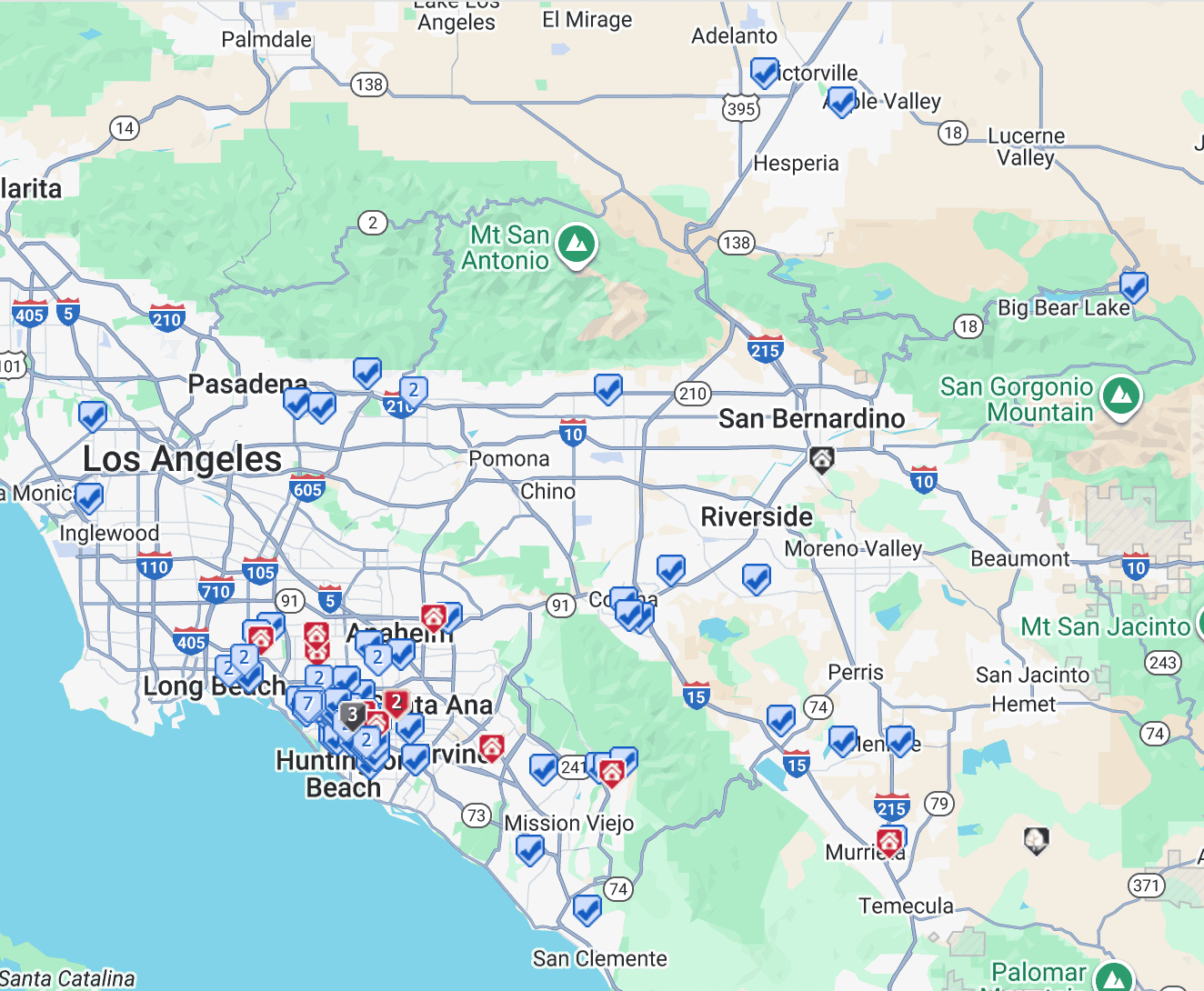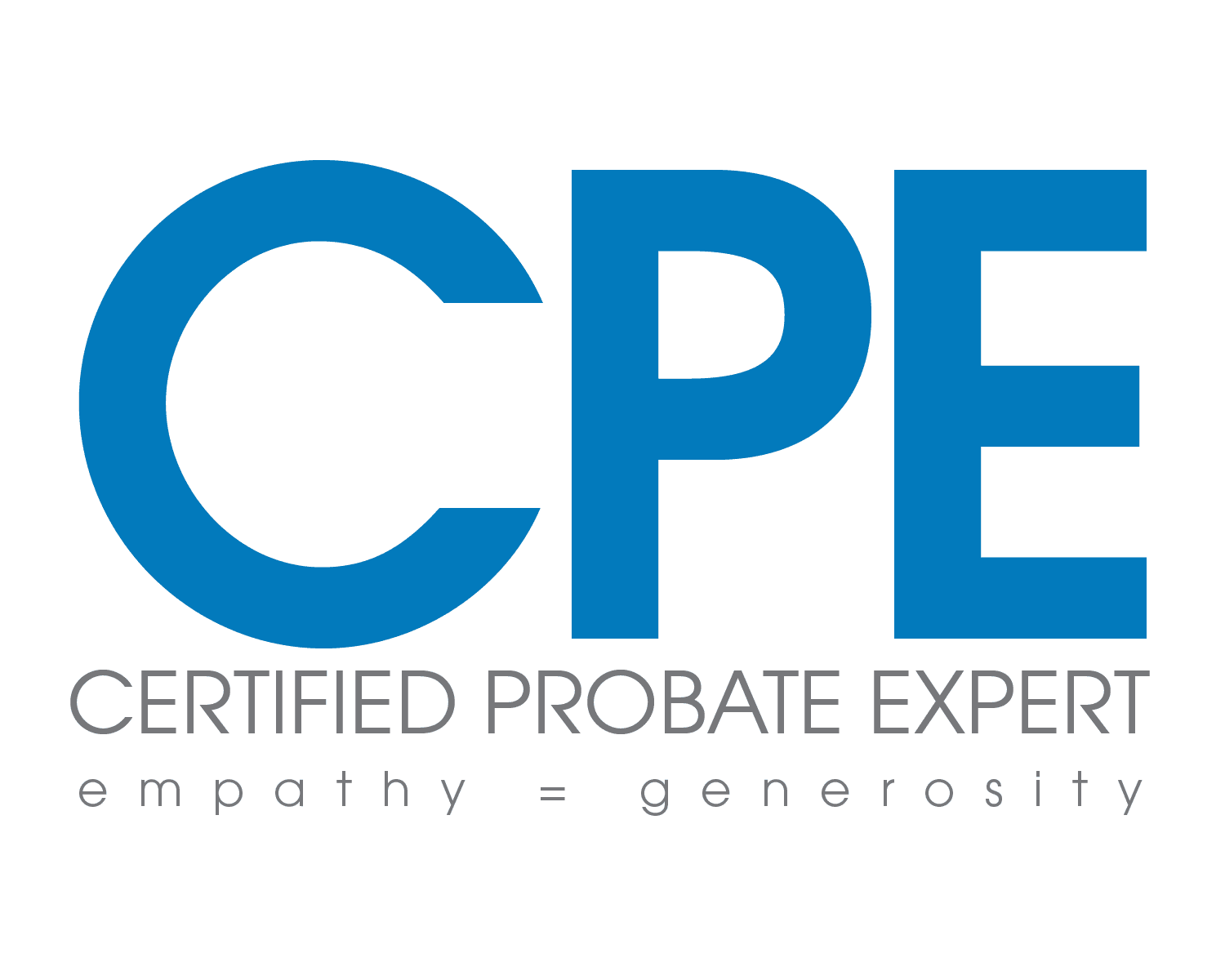
Imagine this: it’s 1995, and you’ve just signed the papers for your dream home in Orange County, California. The beaches, the sunny skies, and the vibrant community sold you on a $300,000 house. Fast forward to 2025, and you’re eyeing retirement. That same home is now worth over $1 million, your mortgage is paid off, and you’re wondering: How does this home fit into my retirement plan? If you’ve owned a home in Orange County for 30 years, you’re sitting on a financial asset that could shape your golden years in a big way—while also offering tax advantages and enriching your life beyond dollars and cents. And if you’re shopping for a home today, the lessons from long-term homeowners offer valuable insights. Let’s break it down.
A Wealth-Building Powerhouse: Home Equity
Orange County’s real estate market is like a fine wine—it gets better with time. Over the past three decades, home values have soared, often growing 5-7% annually. That $300,000 home from 1995? It could easily be worth $1.2 million or more today. If you’ve paid off your mortgage (or are close to it), that equity is a massive chunk of your net worth.
So, how can you use it in retirement? You’ve got options:
Sell and Downsize: Cash out by selling your home and moving to a smaller place or a less pricey area (maybe Arizona or Nevada?). After taxes and fees, you could pocket $600,000-$700,000 to fund your retirement dreams.
Reverse Mortgage: Stay in your home and tap its value with a reverse mortgage, which gives you tax-free income without moving. It’s not perfect—it reduces what you leave to heirs—but it’s a lifeline if cash flow is tight.
HELOC: A home equity line of credit lets you borrow as needed, offering flexibility for big expenses like medical bills or home repairs.
No More Mortgage, More Money in Your Pocket
If you’ve paid off your 30-year mortgage, congratulations—you’ve eliminated one of the biggest expenses in Orange County! No more $3,000-$5,000 monthly payments means your Social Security, pension, or 401(k) goes further. Sure, you’ll still have property taxes (around $5,000-$10,000 a year, thanks to California’s Proposition 13 keeping them low), plus insurance and maintenance (another $5,000-$10,000 annually). But compared to renting a 2-bedroom apartment for $2,500-$3,000 a month in 2025, you’re saving a fortune.
Proposition 13: Your Secret Tax Weapon
California’s Proposition 13 is a homeowner’s best friend. It caps annual property tax increases at 2% or inflation (whichever’s lower), based on your home’s purchase price. If you bought in 1995 for $300,000, your assessed value might be around $500,000 today, with taxes of just $5,000-$6,000 a year. Compare that to a new buyer paying $12,000-$14,000 for a similar $1.2 million home. That savings is like a bonus retirement check every year!
Your Home as a Tax Shelter
Owning a home in Orange County isn’t just about building equity—it’s also a powerful tax shelter that can boost your financial security. Here’s how:
Mortgage Interest Deduction: If you were paying a mortgage in the early years (especially pre-2018, before tax law changes), you likely deducted mortgage interest on your federal taxes, reducing your taxable income. Even today, for loans up to $750,000 (or $1 million for pre-2018 loans), this deduction can lower your tax bill, freeing up cash for savings or investments.
Property Tax Deduction: You can deduct up to $10,000 in state and local taxes (including property taxes) on your federal return (subject to the 2017 Tax Cuts and Jobs Act cap). This reduces your overall tax burden, especially valuable in high-tax states like California.
Capital Gains Exclusion: When you sell your primary residence, the IRS lets you exclude up to $250,000 of capital gains ($500,000 for married couples) from taxes, provided you’ve lived there for at least two of the last five years. For a $1.2 million home bought for $300,000, that’s a potential $900,000 gain, with up to $500,000 tax-free for couples—saving you tens of thousands in taxes.
Tax-Deferred Growth: Unlike stocks or other investments, the appreciation of your home’s value isn’t taxed until you sell. Over 30 years, your home’s $900,000 gain grew tax-free, preserving more wealth for retirement compared to taxable investments.
Reverse Mortgage Tax Benefits: If you opt for a reverse mortgage in retirement, the payments are considered loan proceeds, not taxable income, providing cash flow without increasing your tax liability.
These tax advantages make your home a strategic tool for shielding income and building wealth, especially in retirement when every dollar counts.
Beating Inflation and Living the OC Dream
Your home isn’t just a financial asset—it’s an inflation hedge. As prices rise, so do home values and rents in Orange County. Your million-dollar home has likely outpaced inflation, preserving your wealth’s purchasing power. Plus, if you rent out a room or build an accessory dwelling unit (ADU), you could pull in extra income to cover rising costs.
The Non-Financial Rewards of Homeownership
Beyond the dollars, owning a home in Orange County for 30 years delivers priceless benefits that enhance your life and retirement:
Emotional Security and Stability: Your home is a sanctuary, a place where you’ve raised kids, hosted barbecues, or watched sunsets from your backyard. In retirement, staying in a familiar space surrounded by memories provides comfort and stability, especially as life changes. Unlike renters facing lease renewals or evictions, you have the peace of mind that comes with owning your home outright.
Community Connection: Over 30 years, you’ve likely built deep ties with neighbors, local businesses, and community groups. Whether it’s chatting at the farmers’ market in Laguna Beach or volunteering in Irvine, these relationships enrich your social life in retirement, reducing isolation—a key factor in mental and physical health.
Personalization and Pride: Your home reflects you—from the garden you’ve tended to the kitchen you remodeled. This sense of ownership and creative control fosters pride and satisfaction, making retirement more fulfilling. You can’t put a price on the joy of a space that’s truly yours.
Lifestyle Benefits: Orange County’s beaches, hiking trails, and cultural hubs like South Coast Plaza or the Segerstrom Center are right at your doorstep. Owning a home means you’re rooted in this vibrant lifestyle, which can reduce the need for costly travel or entertainment in retirement. Morning walks at Crystal Cove or coffee runs in Dana Point? That’s your everyday life.
Legacy for Family: Your home isn’t just for you—it’s a potential gift for your kids or grandkids. Even if they don’t inherit the property, the memories of family gatherings or holidays in your Orange County home create a lasting emotional legacy.
These non-financial perks make your home more than an investment—it’s the backdrop to a rich, connected life that carries into retirement.
The Catch: Risks to Watch
It’s not all sunshine and palm trees. A home is an illiquid asset—your wealth is tied up until you sell or borrow against it. Unexpected costs like a new roof or plumbing repairs can hit hard, especially in Orange County, where labor and materials aren’t cheap. And while the market’s been strong, a downturn (like 2008) could temporarily dent your home’s value, affecting plans to sell.
There’s also the question of diversification. If most of your wealth is in your home, you might miss out on stock market gains (historically 7-10% annually). Financial planners suggest keeping your home’s value to 25-30% of your net worth to stay flexible.
What This Means for Home Buyers Today
If you’re shopping for a home in Orange County today, the story of long-term homeowners offers both inspiration and caution. The median home price in 2025 is around $1.2 million, and while that’s a steep entry point, the past 30 years show that Orange County real estate can be a powerful wealth-building tool. Here’s what to consider:
Long-Term Appreciation: History suggests your home could double or triple in value over 30 years, assuming 4-6% annual growth (a conservative estimate based on recent trends). A $1.2 million home today could be worth $3-$5 million by 2055, building significant equity for your retirement.
Affordability Challenges: High prices mean higher mortgages—expect $5,000-$7,000 monthly payments for a $1.2 million home with a 20% down payment at 6-7% interest. This can strain your budget, leaving less for other investments like retirement accounts. Prioritize a home you can afford without sacrificing savings.
Proposition 13 Advantage: As a new buyer, you’ll pay higher property taxes (around $12,000-$15,000/year for a $1.2 million home), but Proposition 13 will cap future increases, giving you tax predictability over decades. This is a huge perk for long-term ownership.
Tax Shelter Benefits: Buying now means you can deduct mortgage interest (up to $750,000 in loan value) and property taxes (up to $10,000 combined with other state/local taxes) on your federal return, lowering your taxable income. Plus, the capital gains exclusion ($500,000 for couples) will shield future profits when you sell, making homeownership a tax-smart move.
Non-Financial Upsides: Buying now means you’re not just investing in property—you’re investing in a lifestyle and future stability. You’ll build memories, create a personalized space, and join a tight-knit community. These intangibles can make the high cost worthwhile, especially if you plan to stay long-term.
Risk Management: Today’s buyers face higher interest rates and market uncertainty. Plan for potential dips in home value and ensure you have an emergency fund for maintenance costs, which can run $10,000-$20,000 annually for older homes.
Pro Tip: Look for up-and-coming areas like Santa Ana or Tustin, where prices are slightly lower but still offer strong appreciation potential. Consider homes with ADU potential for future rental income, which could offset mortgage costs now and boost retirement income later.
Planning Your Retirement Strategy
Whether you’re a long-term homeowner or a new buyer, your Orange County home is a cornerstone of your financial and emotional future. For current owners:
Stay Put: Low taxes, no mortgage, tax shelter benefits, and deep community ties make staying cost-effective and fulfilling. Just budget for maintenance and taxes.
Sell and Relocate: Proposition 19 lets you transfer your low tax base to a new California home (if it’s of equal or lesser value), or you could move out of state for a lower cost of living. The capital gains exclusion can minimize taxes on the sale.
Diversify: Selling or using a reverse mortgage can free up cash to invest in stocks, bonds, or annuities, balancing your portfolio.
For new buyers, think long-term. A home is a commitment, but Orange County’s track record suggests it could pay off handsomely by retirement—financially and personally. Run the numbers—can you afford the mortgage while saving for retirement? And consider Proposition 19 if you plan to downsize later.
Don’t forget taxes. Selling could trigger capital gains taxes, though married couples can exclude up to $500,000 in gains. And if you’re passing the home to your kids, Proposition 19 limits tax breaks for inherited properties, so talk to an estate planner.
The Bottom Line
Owning a home in Orange County for 30 years is like planting a money tree that’s now ready to harvest—while also growing roots in a community and lifestyle that enrich your life. For long-term owners, your home’s equity, low taxes, tax shelter benefits, paid-off mortgage, and emotional rewards give you a head start on a secure and fulfilling retirement. For today’s buyers, the high entry cost is daunting, but the potential for future wealth, tax savings, and a vibrant life is real—if you plan smartly. Whether you’re staying, selling, or just starting your homeownership journey, consult a financial advisor to maximize this asset.








